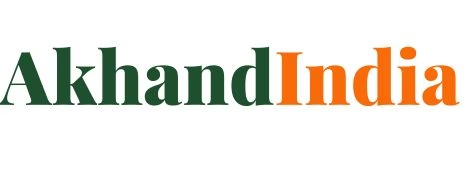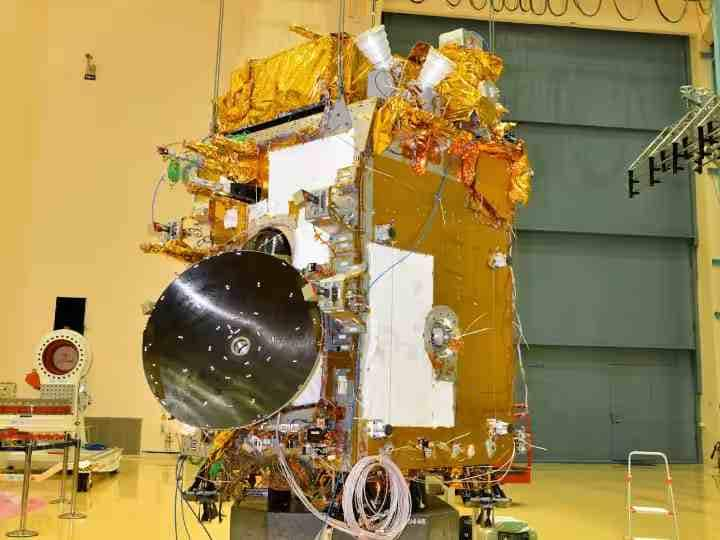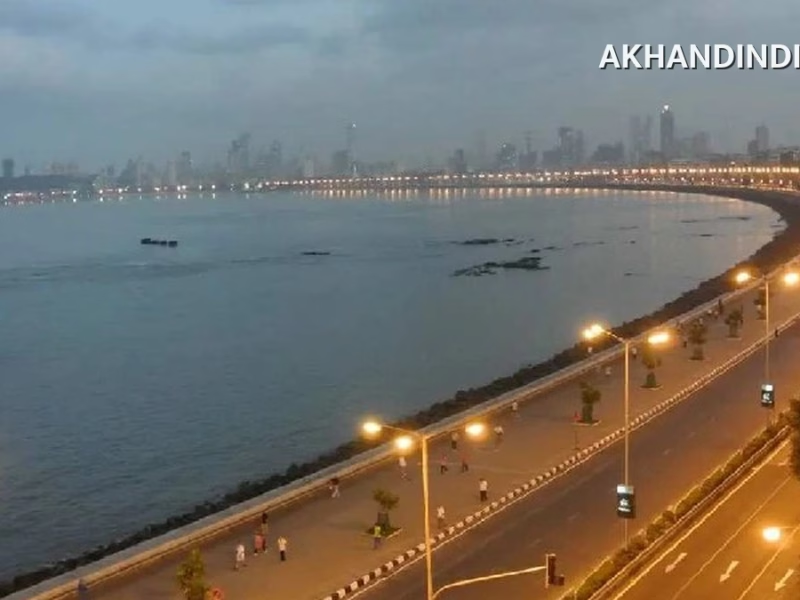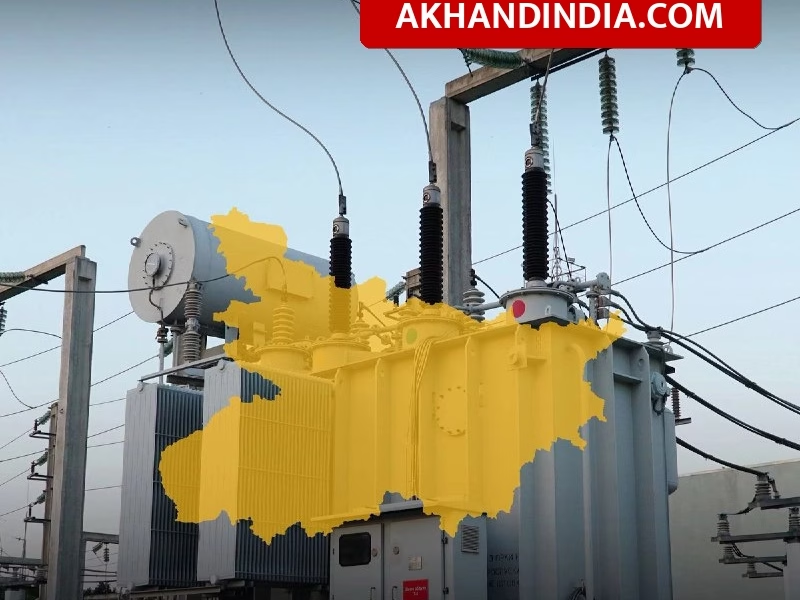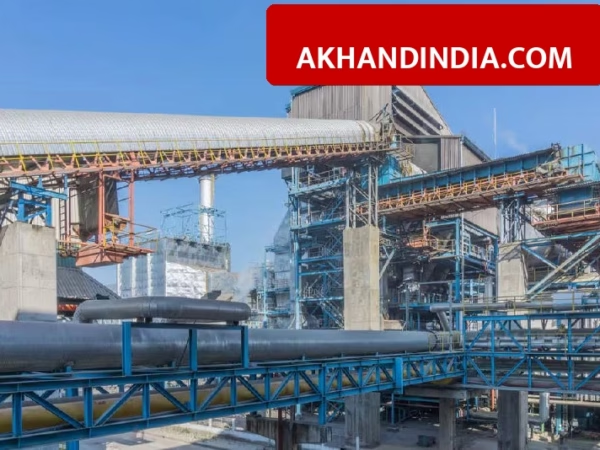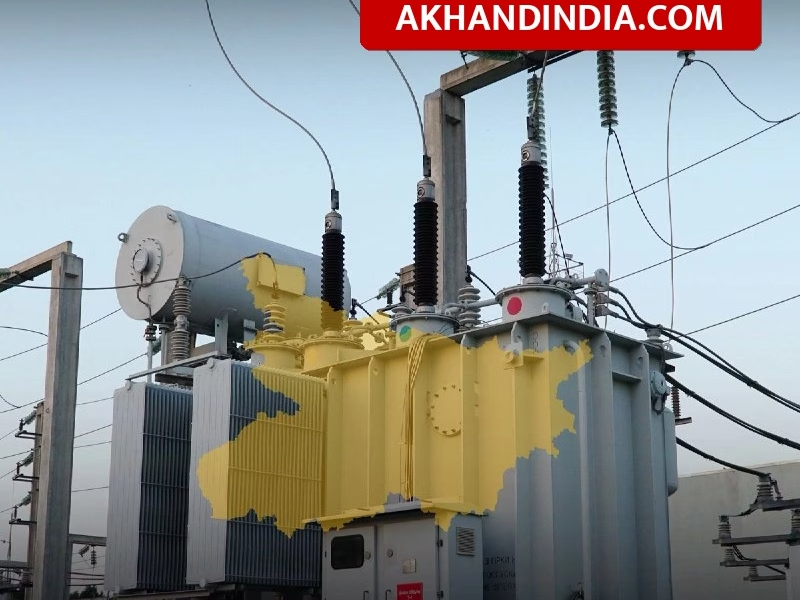Introduction
India has taken a giant leap in the field of space exploration with the launch of Aditya L-1, the country’s first solar mission. The mission, which was launched on September 2, has successfully reached space, marking another milestone in India’s space journey. With a budget of around 400 crore rupees, this mission is a testament to the scientific prowess and technological advancement of the country.
The Role of ISRO and Public Sector Undertakings in Aditya L-1 Mission
The success of Aditya L-1 mission can be attributed not only to the scientists at ISRO but also to the contribution of four public sector undertakings (PSUs), including Kerala’s Keltron. Kerala State Electronics Development Corporation Limited (Keltron), Steel and Industrial Forgings Limited (SIFL), Travancore Cochin Chemicals (TCC), and Kerala Automobiles Limited have all played a significant role in the mission.
Use of Indian-Made Products in Aditya L-1 Mission
The products made in India by these companies have been extensively used in the Aditya L-1 mission. Kerala State Industries Minister P. Rajeev highlighted this achievement in a Facebook post. According to the minister, Keltron prepared 38 electronic modules that were used in the PSLV-C57 launch vehicle, and are now being used to send Aditya L-1 into space.
Keltron’s Contribution to the Mission
In addition to preparing the electronic modules, Keltron also provided test support for different types of electronics modules necessary for the mission. The minister further stated that the forging for different phases of the Aditya L-1 launch vehicle was prepared in India by SIFL.
The Role of SIFL and TCC in the Mission
The process of “forging” involves beating or striking metal to give it its final shape. SIFL has domestically prepared several other forgings and components for the launch vehicle’s propellant tank, engine, and rocket body. Apart from Keltron and SIFL, TCC has also played a crucial role in the mission.
Supply of Components by Kerala Automobiles Limited
The minister revealed that the state’s chemical company supplied the necessary 150 metric tons of sodium chlorate crystal for the project. He also mentioned that Kerala Automobiles Limited supplied various components required for the satellite separation system of the rocket.
In essence, the successful launch of the Aditya L-1 mission is a collective triumph of the Indian scientists, public sector undertakings, and the indigenously developed products. The mission not only represents India’s growing capabilities in space exploration but also underscores the potential of its public sector undertakings and their contribution to the country’s space endeavours.
(With inputs from agencies)
